Description
LEMON BALM PICTORIAL PACKET
LEMON BALM PICTORIAL PACKET . This is the most fragrant variety available with an essential oil content up to .4%. Fresh or dried leaves are made into a wonderful calming lemon-scented tea (sweeten with honey). Fresh leaves can be used to give a lemony tang to salads and drinks. Little pale yellow flowers in the summer attract bees and butterflies in abundance. Compact, mildew resistant 10-12 inch plants are extremely easy to grow and propagate. Perennial.This seed is supplied in premium pictorial packets direct from Italy.
Cultivation Advice
- Plant lemon balm in spring after the last frost date or in early fall. It thrives in moderate temperatures but can handle both sun and partial shade.
- Choose a location with well-draining soil and ample sunlight.
- Lemon balm prefers well-draining, fertile soil. Incorporate organic matter like compost or aged manure into the soil before planting to enhance fertility.
- Aim for a slightly acidic to neutral soil pH between 6.0 and 7.0.
- Sow lemon balm seeds directly into the garden bed or start them indoors in seed trays. Plant seeds ¼ inch deep in the soil or follow packet instructions.
- Transplant seedlings outdoors after the last frost or space them 12-18 inches apart.
- Lemon balm thrives in full sun but can tolerate partial shade. Ensure it receives at least 4-6 hours of sunlight daily.
- Water the plants regularly, keeping the soil consistently moist but not waterlogged. Avoid overwatering, as lemon balm can rot in soggy soil.
- Thin out seedlings to provide adequate space between plants for proper growth. Mature lemon balm plants should be spaced 12-18 inches apart.
- Lemon balm doesn’t require heavy feeding. A balanced fertilizer applied at planting or a light application of compost during the growing season can suffice.
- Apply mulch around lemon balm plants to retain soil moisture, regulate temperature, and suppress weed growth.
- Regularly remove weeds to prevent them from competing for nutrients and water.
- Harvest lemon balm leaves once the plant is established and robust. Snip the leaves from the plant as needed, leaving some foliage for continued growth.
- Frequent harvesting encourages bushier growth and ensures fresh leaves for culinary or medicinal purposes.
- In colder climates, lemon balm may die back in winter. Mulch around the base of the plants to protect the roots from freezing temperatures.
- Use fresh lemon balm leaves in teas, salads, fruit dishes, or as a seasoning in various recipes. Its calming properties also make it popular in herbal teas.
- Lemon balm is known for its potential health benefits, including aiding digestion and promoting relaxation.

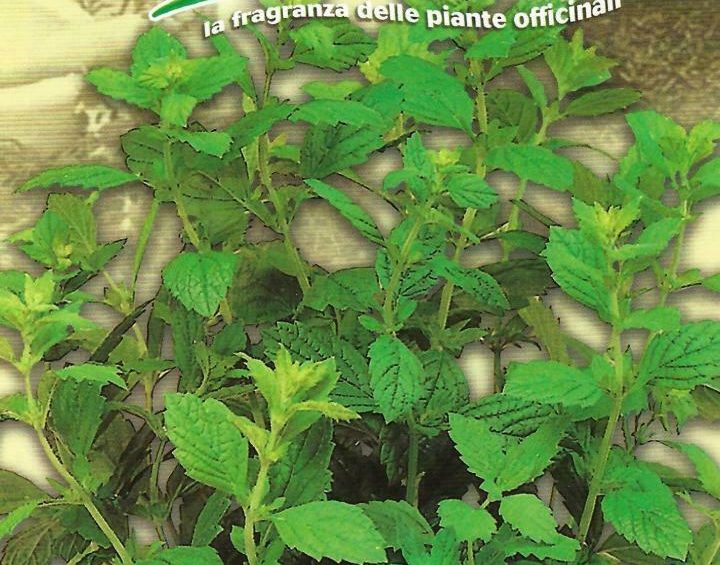
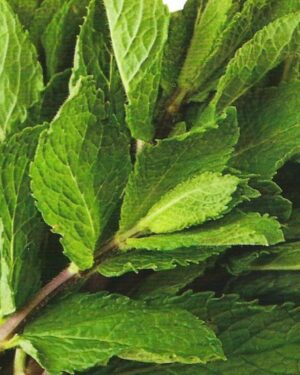
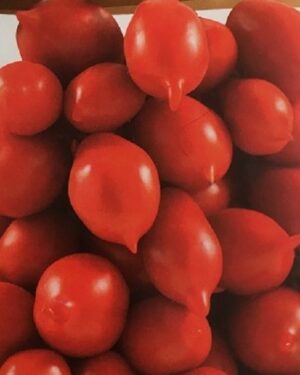
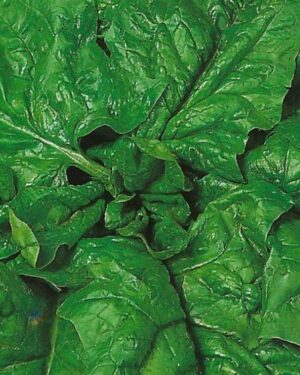
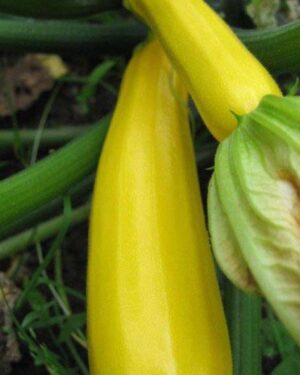
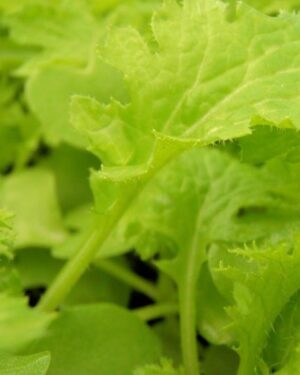
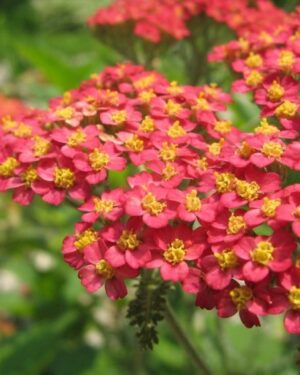
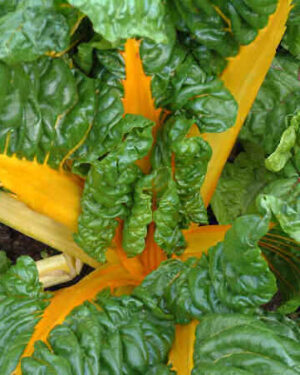
Reviews
There are no reviews yet.